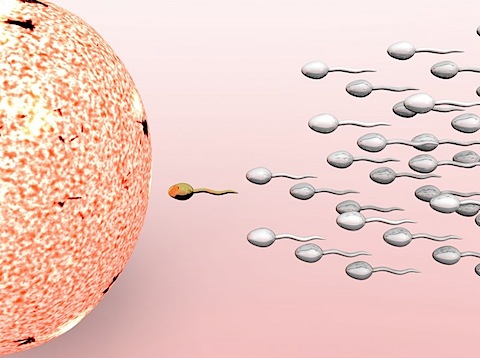Abstract
A paper reporting findings relevant to safety of the genetically modified (GM) maize NK603 and the herbicide Roundup (Séralini et al., Food Chem Toxicol. 50:4221–4231, 2012) was retracted against the wishes of the authors, and subsequently republished in another peer-reviewed journal (Séralini et al. Environ Sci Europe, doi:10.1186/s12302-014-0014-5, 2014). These events exemplify a trend in which disputes, between interest groups vying for retraction and republication of papers that report controversial results, overshadow the normal scientific process in which peer-reviewed publication stimulates new research, generating new empirical evidence that drives the evolution of scientific understanding. This paper reviews the current status of research on safety of NK603 maize and Roundup herbicide for human and livestock health, and attempts to glean from recent developments insights relevant to risk assessment policy for GM crops and pesticides, as well as relevant to the scientific process in general. Our analysis of currently published evidence confirms NK603 and Roundup are kidney and liver toxicants at levels below current regulatory thresholds. Consequently, the regulatory status of NK603, glyphosate and Roundup requires reevaluation. Additionally, preliminary evidence indicates Roundup and NK603, individually and in combination, may increase tumor incidence and mortality. Follow-up long-term carcinogenicity studies, using test animal strains and numbers of animals that assure robust conclusions, are required to confirm/refute this preliminary evidence. The inherent tension between the scientific process and commercial interests of product developers necessitates implementation of safeguards that protect the scientific process and prevent degeneration of Science to Re-Science (typified by retraction and republication disputes).
Keywords:
GMO; Genetically modified organism; NK603; Pesticide; Glyphosate; Roundup; Regulatory safety assessmentContinue Reading:










Recent Comments